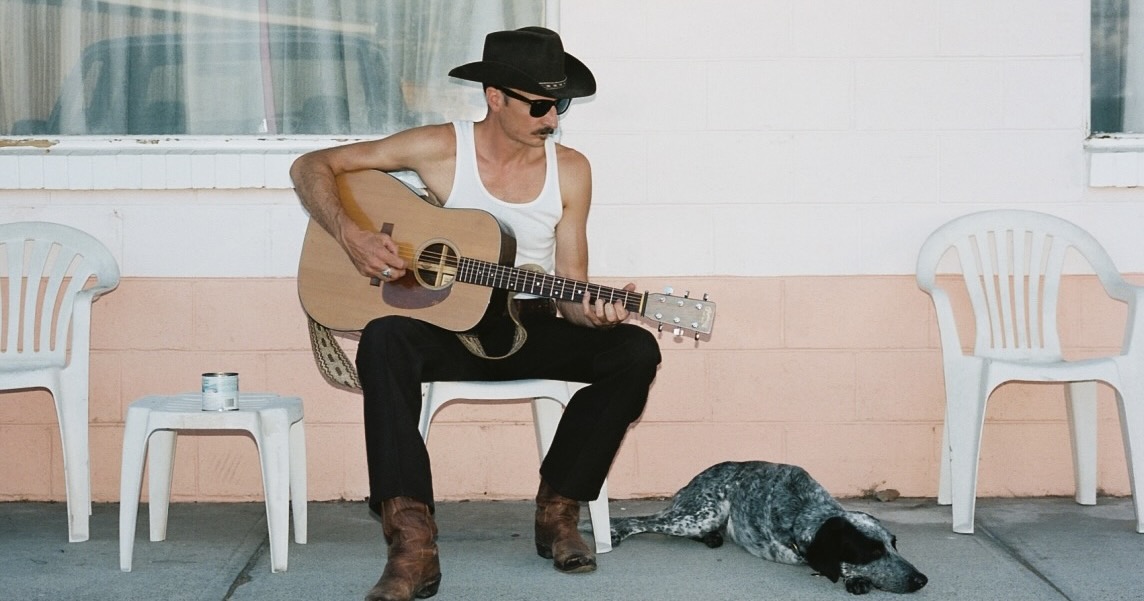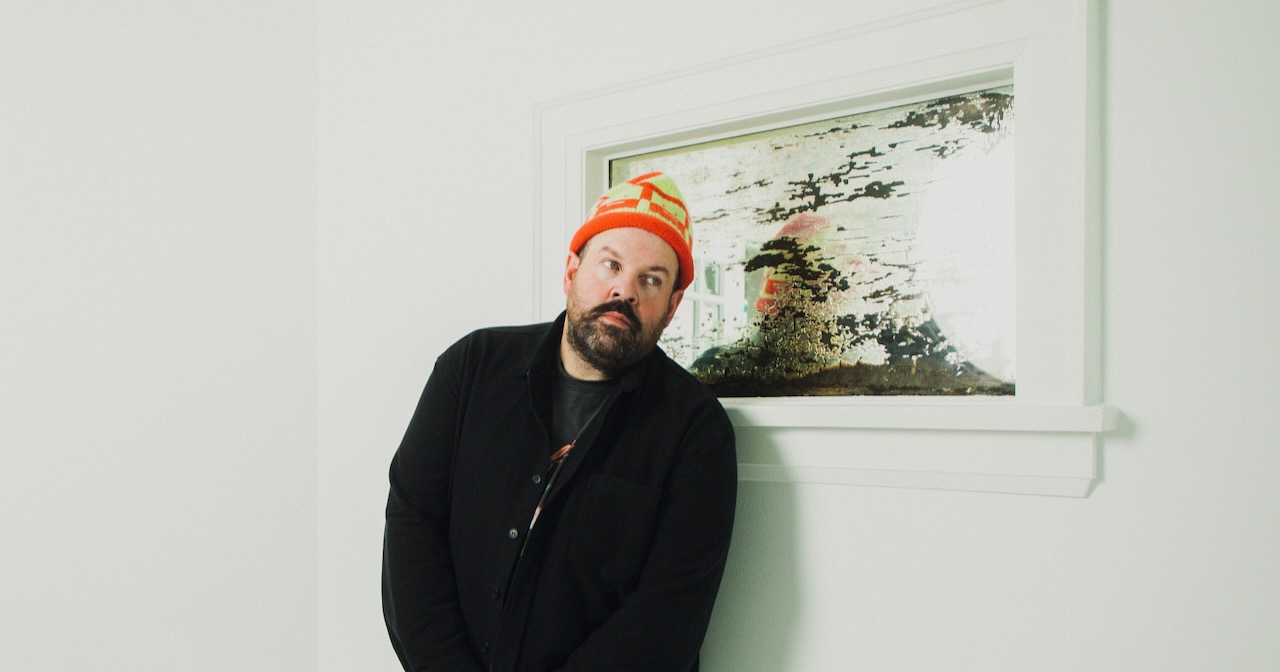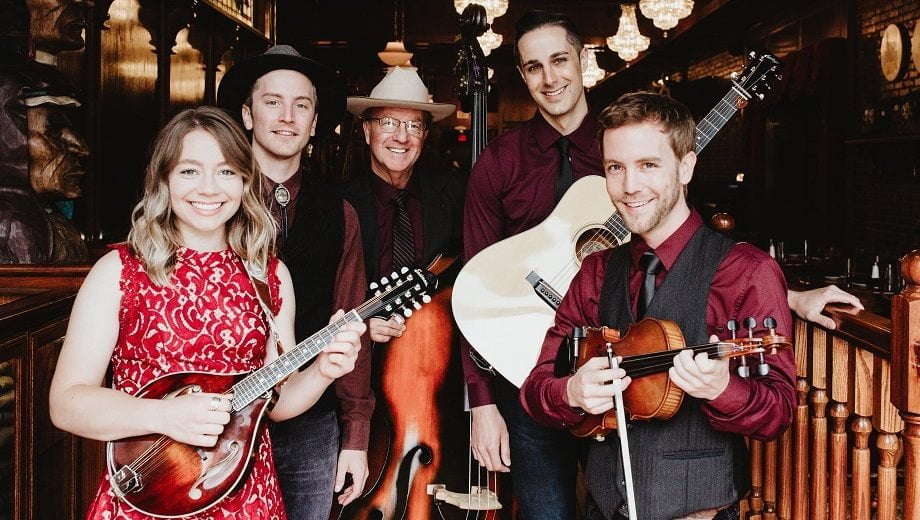What a joy to be asked to create a playlist for the Bluegrass Situation. It did not take long to land on the theme of Canadian music. The only difficult part was keeping it short. We have such a deep well of incredible Americana – or as some call it up here, ‘Canadiana’ – to pull from north of the border.
I struggled leaving out Neil Young, Joni Mitchell, and Gordon Lightfoot. But I hope to introduce BGS’s fine readership to some new music they might not already be hip to. I had to flex a little muscle and throw in a tune (a very Canadian one at that) by The Band. I would hope that a fair few of the folks digging into this playlist might be familiar with Ian Tyson, if only from his biggest number, “Four Strong Winds.” However, some might not be as acquainted with his cowboy records, the greatest of which is arguably Cowboyography.
Some of these folks you’ll find here are dear friends, others acquaintances, one is my big brother, a few are my heroes, all of them are among the finest songwriters on the planet. I hope that you will discover something new that you will love and cherish for years to come. What a pleasure it is to share the gift of music. – Bob Sumner
“Wide Open Plain” – Doug Paisley
Doug Paisley is a national treasure. A marvelous flatpicker. A songwriter’s songwriter. It is rare that I care to hear one of my favorite songs by an artist re-recorded. With “Wide Open Plain,” Doug takes a classic and reinvents it without losing the meat that made the original such a mainstay.
“Acadian Driftwood” – The Band
We here in Canada are very proud of the 4/5ths Canadian membership of one of the greatest bands to grace the airwaves. We love Levon, too, of course. A lot.
“Trucker Speed” – Fred Eaglesmith
Fred Eaglesmith at his finest here in all of his ragged glory. When Fred sings you believe him.
“Cut Fence (Let God Sort Em Out)” – Richard Inman
Inman is a remarkable songwriter. Here he is telling the story of a ranch fire. “Cut fence, let God sort em out, let them horses all run free.”
“All I Know” – Elliot C Way
Recorded in a tiny farm house. With intention Elliot captured the loose groove of Link Wray’s self titled record. Fiddle, acoustic guitar, steel and poetry.
“Dayton” – Fiver
Fiver (Simone Schmidt) is a terrifying artist. An artist whom every time I listen to her music I am reminded of why I began writing songs. For the songs themselves. Art for art’s sake. Purity.
“That Sweet Orchestra Song” – Kacy & Clayton
Pure joy, this track. Kacy’s soaring, meandering, frankly perfect vocal dancing atop cousin Clayton’s singular virtuosic guitar work.
“Lonnie’s on rhythm, Bud Romanski’s on bass/
McGlynn plays the steel guitar/
Commence with a four-count and the crack of a drum/
Turn around at the end of the bar…”
What fun.
“Empty Husk” – Daniel Romano
Exquisitely beautiful. Bold. I have a hunch if we opened up and had a peek inside Daniel Romano we might find an alien being, or a cyborg. It just doesn’t track that one man could be so incredibly exceptional at whatever it is he sets his heart and mind to.
“Born in Spring” – Chaya Harvey
You heard her here first. Bask in the joy of being in the club. Chaya won’t be underground for long. Soon she will be breaking hearts the world over with her tender and vulnerable voice of an angel.
“The Place I Left Behind” – The Deep Dark Woods
If you know, then you know. If The Woods are new to you, then boy are you in for a treat. A deep discography lay before you full of sonic riches.
“Summer Wages” – Ian Tyson
A finer cowboy singer you won’t find the world over. The author of “Four Strong Winds.” Here he is with “Summer Wages,” a gem of a song. Bobby Bare recorded an excellent version of this one on his 1981 record, As Is.
“For a Long While” – Colter Wall
It seems the more the world asks of Colter Wall, the more he would prefer to retreat to cowboy work on his Canadian prairie ranch. This one is from his latest record of cowboy songs, Little Songs. A beauty of a tune.
“Too Late” – Ben Arsenault
Ben Arsenault has just released a masterclass of a classic country record. These songs have it all. One after the other. The refrain, “It’s too late now, it was too late then/ it’s too late, it’s always been’/” will roll around in your head long after the needle leaves the vinyl. A shiny little nugget of country gold.
“Motel Room” – Bob Sumner
People seem to be diggin’ this one. It grooves. It hooks. Dobro, fiddle, telecaster. If words are your thing, they’re here too. An old friendship trying to survive the wilds of alcoholism. Nostalgia. Reminiscing.
“Bad Habits” – Johnny 99
Vibes. Johnny 99 gets the vibes. This one goes well with a late night toke. Only Johnny 99 (well, maybe Snoop) could get away with the lyric, “Yeah, I’m talking ’bout that weed smoke.”
“Born to Lose” – Brian Sumner
My big brother Brian. Years ago, his wife from his first marriage left quite suddenly. Brian holed up in their empty apartment and wrote a record. The songs run the gamut of the mourning process. Anger, sadness, forgiveness, understanding. Finally this incredible collection of songs has seen the light of day with Brian’s quiet little release of the demo’s from that time.
Photo Credit: Tianna Franks



